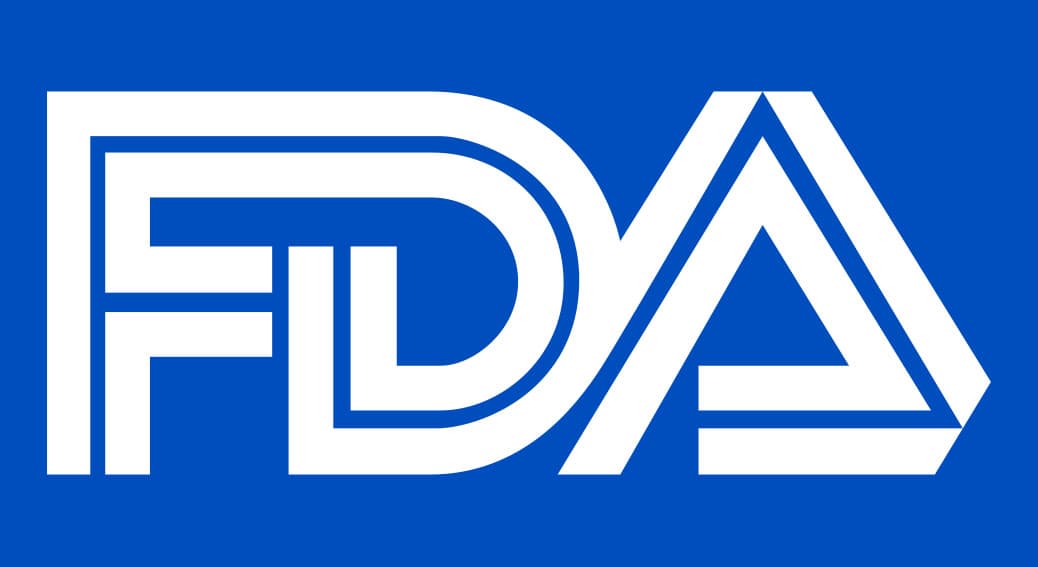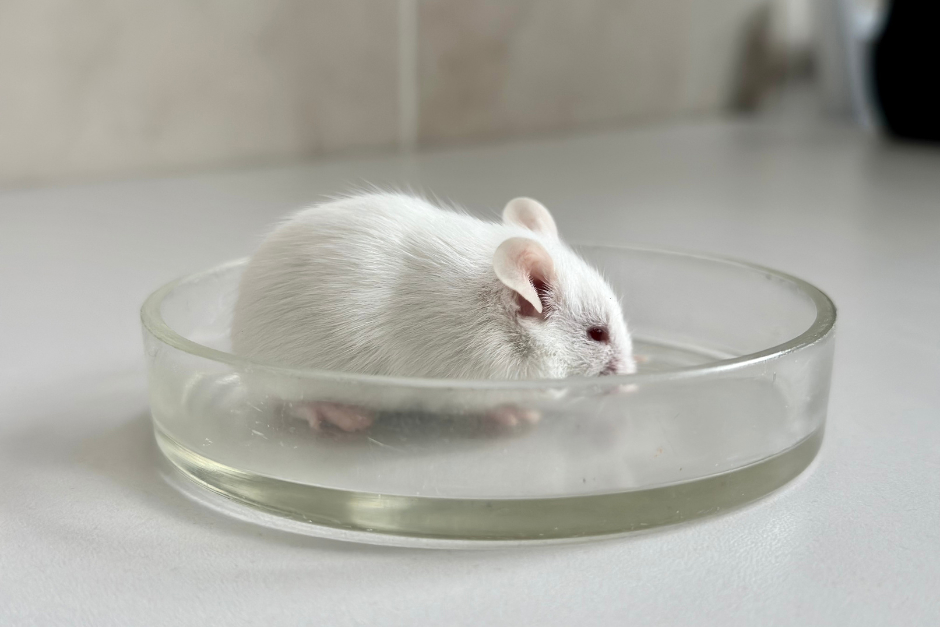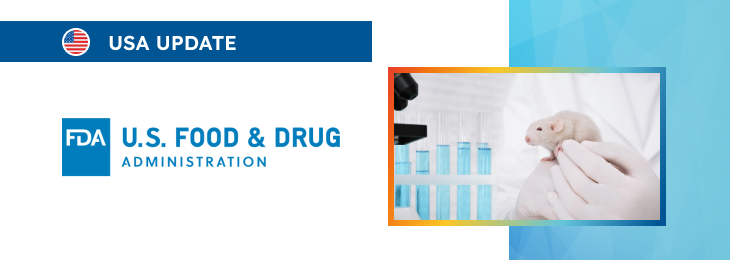The new article describes in detail the approach to be applied with respect to data collection and reporting in the context of animal studies.

Table of content
The Food and Drug Administration (FDA or the Agency), the US regulating authority in the sphere of healthcare products, has published a draft guidance dedicated to animal studies for dental bone grafting material devices in the context of premarket notification (510(k)) submissions.
The document provides an overview of the applicable regulatory requirements, as well as additional clarifications and recommendations to be taken into consideration by medical device manufacturers and other parties involved in order to ensure compliance thereto.
At the same time, it is important to mention that provisions of the guidance are non-binding in their legal nature, nor are they intended to introduce new rules or impose new obligations. Moreover, the authority explicitly states that an alternative approach could be applied, provided such an approach is in line with the relevant legislation and has been agreed with the authority in advance.
Data Collection and Reporting
The scope of the guidance covers, inter alia, the matters related to data collection and reporting in the context of animal studies.
- Radiography and Imaging: According to the guidance, effective imaging techniques are vitally important for evaluating the integration and behavior of dental bone grafting materials in vivo. Standard radiographic assessments are recommended for initial non-destructive evaluations of bone formation and graft resorption. They should provide clear distinctions between different types of bone and the graft material itself. For more detailed analysis, the use of micro-computed tomography (microCT) is encouraged, offering three-dimensional (3D) visualization and quantitative data about the device’s microarchitecture and its interaction with surrounding tissues. If microCT is utilized, it should be validated either through historical data or reference studies to ensure accuracy and reliability. Manufacturers are expected to maintain consistent scanning protocols to ensure comparability across samples and time points. In this respect, the authority additionally emphasizes that detailed descriptions of the microCT instrument, imaging parameters, and analytical techniques should be included in the study documentation. This should cover the selection of regions of interest, image processing procedures, and the specific metrics used for quantitative analysis, such as bone volume fraction or tissue mineral density.
- Histological and Histomorphometric Analysis: Histology offers a qualitative view of the tissue types present within the graft site over time and is essential for confirming the presence of new bone and assessing the integration of the graft material. For histological evaluation, detailed descriptions of tissue preparation, staining, and examination protocols should be included. It is recommended to use multiple staining methods to differentiate between tissue types. The analysis should cover several cross-sections of the graft site to provide a comprehensive view of the biological response across the entire area of interest. Histomorphometry provides a quantitative measure of new bone formation and the amount of graft material remaining. This analysis should include data on the presence of inflammatory cells and other tissue reactions. The technique should be able to distinguish between new and host bone, graft material, and other tissues within the sample, with clear definitions of the metrics used for this analysis.

Integration of Histologic and MicroCT Data
As it is further stated by the authority, when both histologic and microCT analyses are conducted, it is beneficial to align these studies methodologically to provide a comprehensive view of the implant site. This alignment helps in correlating qualitative histological observations with quantitative microCT data, offering a robust evaluation of the graft material’s performance.
Integration with Biocompatibility Studies
Another important aspect addressed in the guidance is related to integration with biocompatibility studies. According to the guidance, integrating the in vivo performance assessment with biocompatibility testing can optimize resource use and reduce the number of animals required.
This approach should adhere to the standards specified in ISO 10993-6 for the evaluation of local effects after implantation. The combined study should clearly differentiate the findings related to device performance from those related to biocompatibility to ensure clarity for regulatory review.
When planning combined studies, it is vitally important to ensure that the methodologies used do not compromise the integrity of the data collected for each aspect of the study.
Modifications to standard procedures should be justified and discussed with the FDA prior to study initiation through the Pre-Submission process. This discussion can help align the study design with FDA expectations and clarify any regulatory concerns.
For submissions that include combined studies, the final report should be structured to separate the data and conclusions related to device performance from those related to biocompatibility. This separation ensures that the data is easy to review and assess by FDA regulators, facilitating a smoother review process.
Conclusion
In summary, the present draft guidance published by the FDA covers the most important aspects related to data collection and reporting. In particular, the document provides recommendations to be followed by medical device manufacturers, study sponsors, and other parties involved in order to ensure the data related to animal studies is saved properly.
How Can RegDesk Help?
RegDesk is an AI-powered Regulatory Information Management System (RIMS) designed to simplify global compliance for medical device companies. With regulatory intelligence covering 120+ markets, RegDesk helps you prepare and publish global submissions, manage standards, conduct impact assessments, and stay ahead of regulatory changes all from a single, centralized platform. Expanding into new markets has never been easier.

